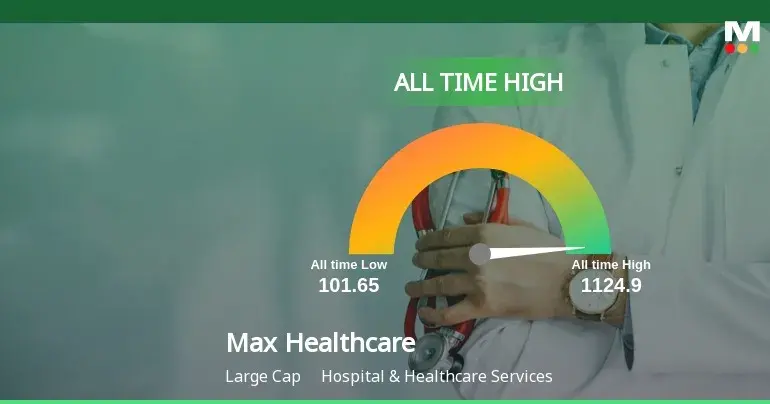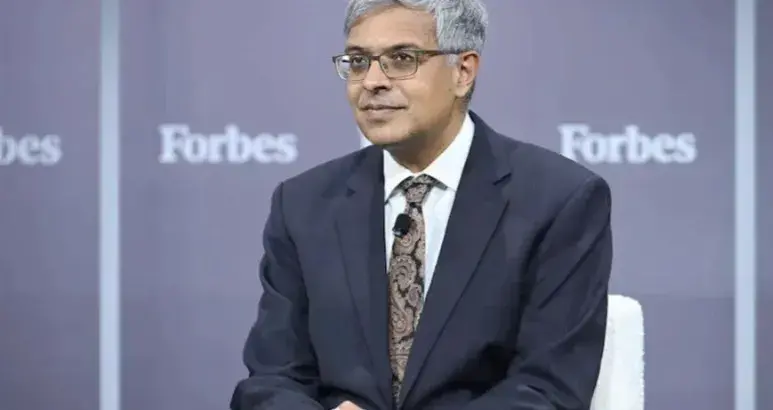Max Healthcare Hits All-Time High Stock Price of ₹1124.9
Max Healthcare Institute, a leading provider in the hospital and healthcare services sector, achieved a significant milestone as its stock price reached an all-time high of ₹1124.9 on December 10, 2024. This impressive performance underscores the company’s strong market position and growth potential. Key Highlights Stock Performance: The stock has shown a 15.49% gain over the past 7 days, maintaining consistent upward momentum. Current Recommendation: MarketsMojo has issued a ‘Hold’ call for Max Healthcare, reflecting its steady alignment with the broader market trends. Moving Averages: The stock price exceeds its 5-day, 20-day, 50-day, 100-day, and 200-day moving averages, signaling strong technical performance. Comparative Growth Max Healthcare’s 1-year performance of 64.79% stands out significantly against the Sensex’s 16.72% growth over the same period. This remarkable growth reinforces the company’s robust standing in the healthcare sector. Market Stability The stock’s consistent trading price and long-term upward trajectory highlight its stability and appeal as a reliable investment option. Industry Leadership As a large-cap entity, Max Healthcare Institute continues to set benchmarks in the healthcare services industry, showcasing profitability and resilience. With its current trajectory, the company remains well-positioned for sustained success and growth in the future. Investors and market analysts are closely watching Max Healthcare, which has emerged as a top contender in the healthcare sector, offering both stability and promising returns. Source: marketsmojo Photo Credit: marketsmojo
Max Healthcare Hits All-Time High Stock Price of ₹1124.9 Read More »










